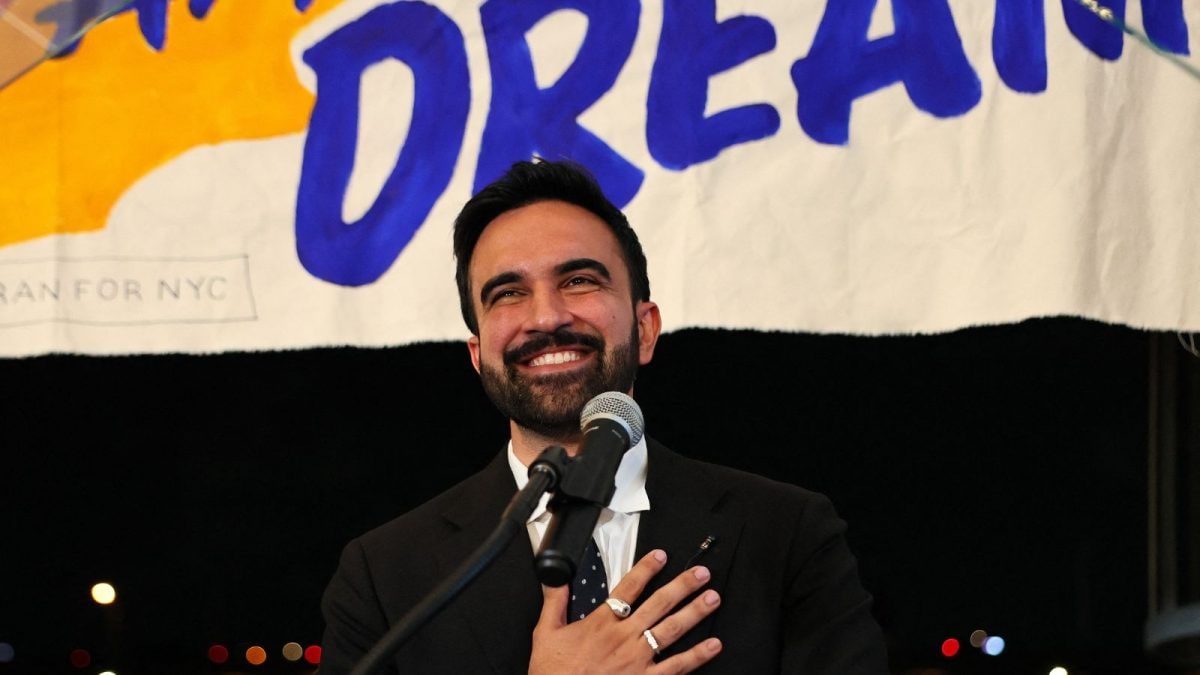Supreme Court Limits Federal Judges' Power in Birthright Citizenship Case

On Friday, the United States Supreme Court issued a significant ruling that curtails the authority of federal judges, particularly in the context of broad legal relief. This decision arose from a legal dispute involving President Donald Trump’s controversial attempt to restrict birthright citizenship. The justices ordered lower courts, which had blocked the enforcement of Trump’s directive, to revisit the extent of their injunctions.
In a closely watched 6-3 ruling, the Supreme Court granted the Trump administration’s request to narrow the reach of three nationwide injunctions. These injunctions, issued by federal judges in Maryland, Massachusetts, and Washington State, had halted the enforcement of Trump’s birthright citizenship policy while ongoing litigation challenges its legality. The opinion was penned by conservative Justice Amy Coney Barrett, who emphasized the limitations of judicial authority in her ruling.
Barrett articulated that while the Executive Branch has a fundamental responsibility to adhere to the law, the Judiciary should not possess unchecked power to enforce this obligation. She noted, “Sometimes, the law prohibits the Judiciary from doing so.” The directive in question, which Trump signed on his first day back in office, mandates that federal agencies refuse to grant citizenship to children born in the U.S. if neither of their parents is a U.S. citizen or lawful permanent resident, also known as a green card holder.
Advocates challenging this directive, comprising the Democratic attorneys general from 22 states alongside immigrant rights organizations and pregnant immigrants, argued that the policy would lead to the denial of citizenship for over 150,000 newborns each year. This raises serious implications not just for the families affected, but also for the broader interpretation of citizenship in the United States.
Uniquely, the case has positioned the Trump administration to assert that federal judges do not possess the authority to issue universal injunctions, which can obstruct the enforcement of presidential policies across the board. Typically, courts have issued such nationwide orders in efforts to counteract what they deem to be unlawful executive actions.
Critics of Trump’s directive contend that it violates the 14th Amendment, a constitutional provision ratified in 1868 during the Reconstruction era. This amendment's citizenship clause guarantees that all persons born or naturalized in the U.S. are citizens, without regard to the legal status of their parents. The Trump administration counters this interpretation, suggesting that the 14th Amendment should not apply to children of undocumented immigrants or those in the U.S. temporarily, such as students or work visa holders.
Public opinion on this issue appears divided. A recent Reuters/Ipsos poll conducted on June 11-12 revealed that while 24% of respondents supported the termination of birthright citizenship, a notable 52% opposed it. Among Democrats, only 5% were in favor, while 84% were against it. In contrast, 43% of Republicans supported the initiative, with 24% opposed, indicating a significant partisan divide regarding this contentious topic.
Since Trump resumed office in January, the Supreme Court—now with a 6-3 conservative majority—has granted him several key victories related to his immigration policies. For instance, just recently, the Court allowed the administration to proceed with deporting migrants to third countries without permitting them to argue their case for protection. Furthermore, previous rulings in May also enabled the administration to terminate temporary legal statuses for hundreds of thousands of migrants, further reflecting the Court’s alignment with Trump’s immigration stance.
However, this ruling does not come without contention. On May 16, the Court had blocked the deportation of Venezuelan migrants under a 1798 law that was historically used in wartime, indicating that there are still checks on executive authority. During the oral arguments for the birthright citizenship case, U.S. Solicitor General D. John Sauer, representing the Trump administration, argued that the executive order reflects the original intent of the 14th Amendment, which was designed to assure citizenship for children of former slaves, not illegal immigrants or temporary visitors.
Interestingly, a landmark ruling from 1898, known as United States v. Wong Kim Ark, has historically protected the citizenship rights of children born in the U.S. to non-citizen parents, underpinning the debate over the current interpretation of the 14th Amendment. The Trump administration has contended that this ruling applies only to children whose parents have a permanent residence in the U.S.
Throughout history, universal injunctions have faced opposition from presidents across the political spectrum, as they can inhibit the government’s ability to enforce policies beyond the individual plaintiffs involved in the case. Proponents of such injunctions argue that they serve as an essential mechanism to prevent presidential overreach, effectively acting as a check against actions deemed unlawful.

















